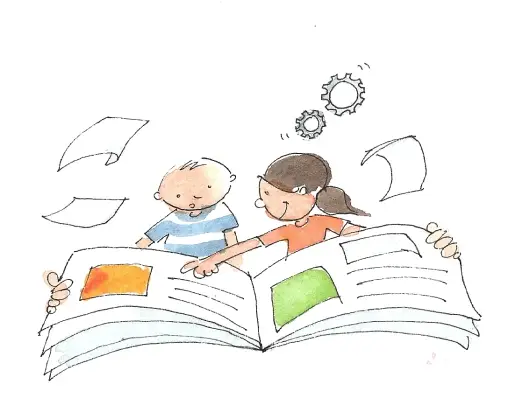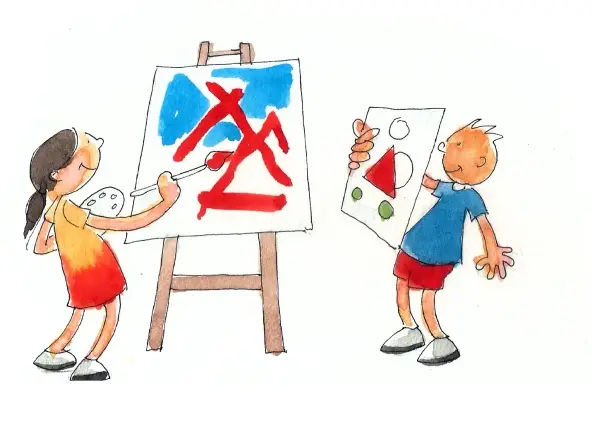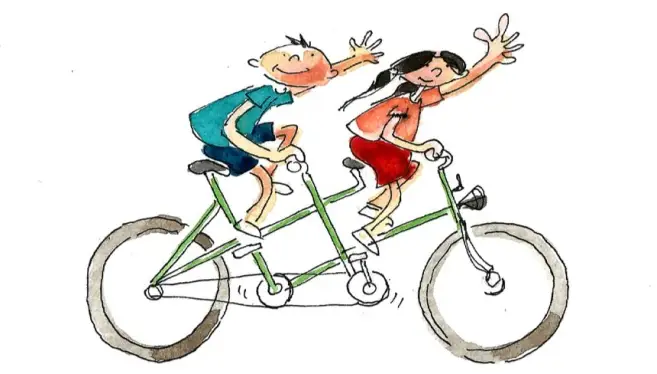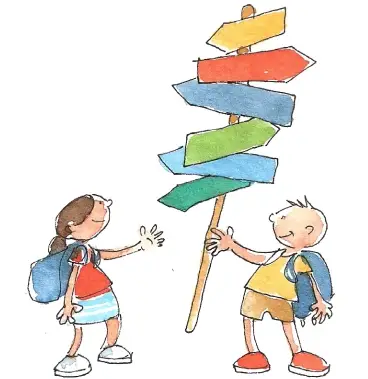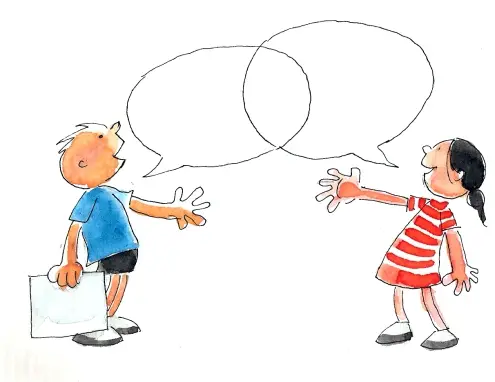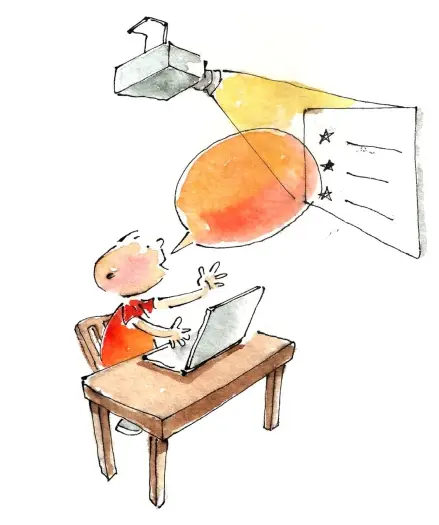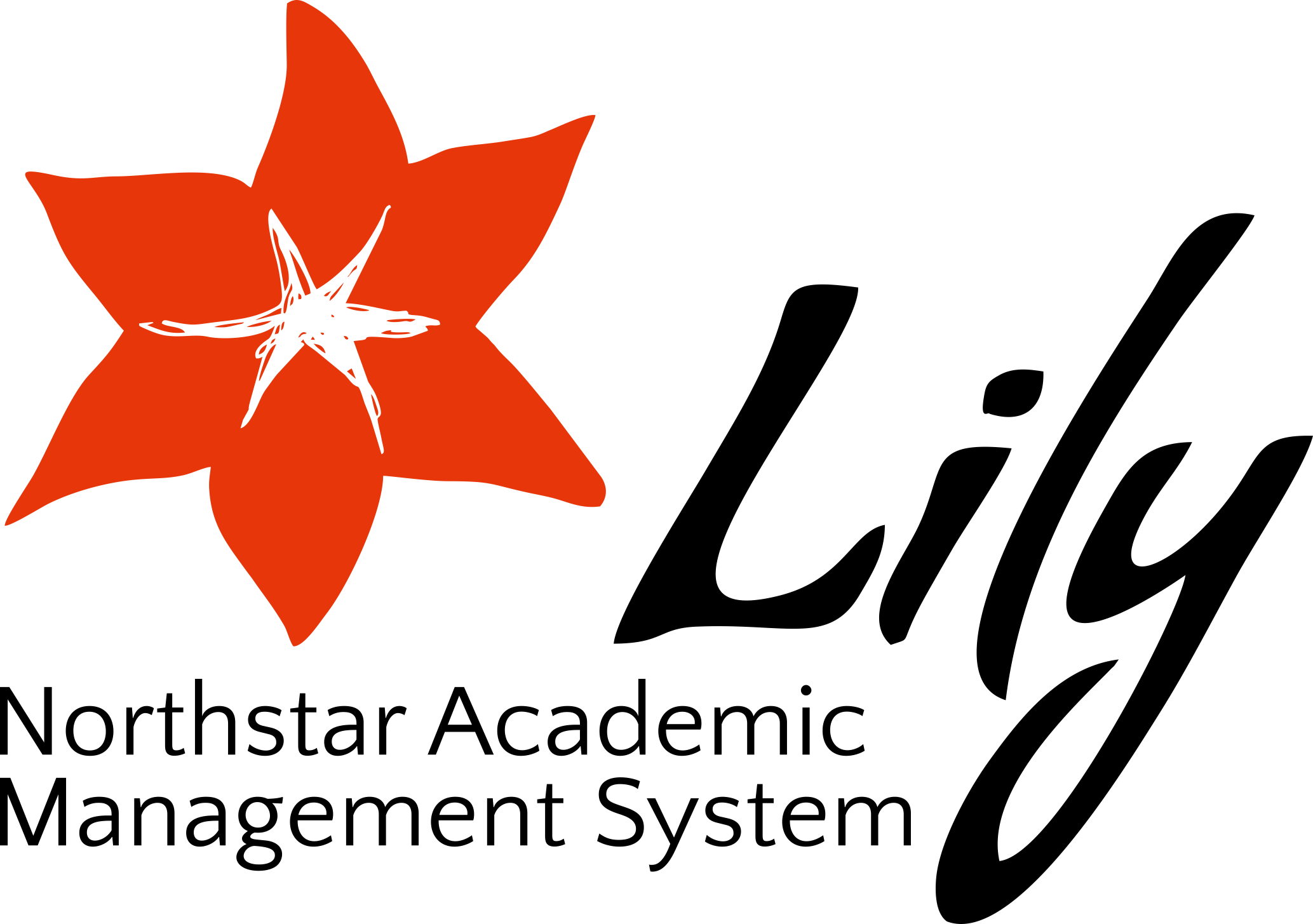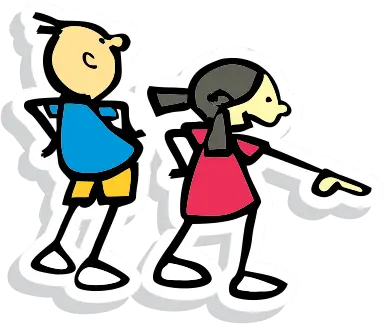At Northstar, our goal is, first and foremost, to ensure the well-being of our learners, educators and staff. In these difficult times, we all need to look out for each other and do our part in ensuring that we come out of this situation healthy and happy.
Our next goal is to ensure that we utilise kids' time at home in a productive way. As we mentioned earlier, we do not believe that there is any equivalent substitute for in-class learning. However, we can make the most of the current situation using both offline and online methods in a carefully planned way.
Academic Planning: 17th March to 30th April
Northstar Early Years Program:
- All preschool learners will have 2-3 online video conferencing sessions a week. These session will be designed to engage learners and not overwhelm them. Parent support will be key.
- Every grade (PS, PreK, K1 and K2) will be provided with short stories that can be read along with parents. Parents are requested to spend reading time with their kids for at least 20 min a day. This is good practice even when the school is in normal schedule. However during these two weeks, it is particularly important.
- Worksheets for each developmental area will be provided for all grades. These need to be completed as per the schedule that we will assign. Our goal is not to overload kids with work at home. We will give manageable amount of academic work.
- A common difficulty in learning from home is the absence of school routine. Hence, we are giving tasks for each day of the week. Parents are requested to ensure that kids follow the schedule as much as possible.
Northstar Explorations and Discovery Program ( Grades 1-11):
- Learners of grades 1 to 5 will have 2-3 online video conferencing sessions a day.
- Learners of grades 6 and above will have upto 4 online video conferencing sessions a day.
- Learners of grades 1 to 4 will be given offline study materials for all domains. Parents are requested to ensure that kids follow the schedule as much as possible.
- Learners from grade 6 and above will have two modes of learning: Offline and online.
- Offline: Learners will be given printed study materials
- Online video conferencing: Classes on Zoom where a Northstar educator will deliver class through video conferencing. First session will be a training session. Detailed guidelines will be shared separately.
Our teachers and admin staff are working very hard to ensure that our learners are engaged meaningfully at home. It takes immense resources to plan and implement such a major transition.
Hoping that you all stay safe and follow hygiene guidelines for your safety and for others in the community.
- Mohit Patel, Founder
